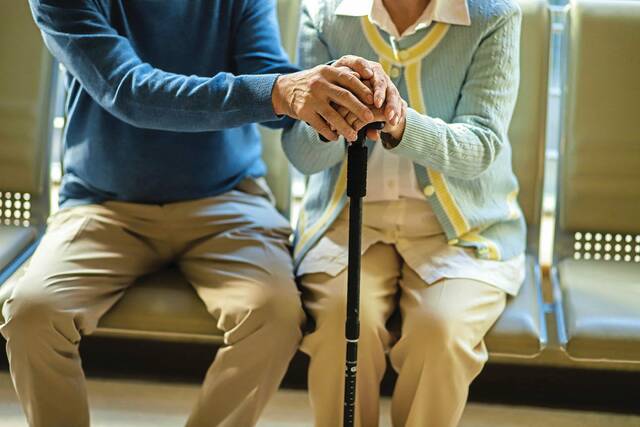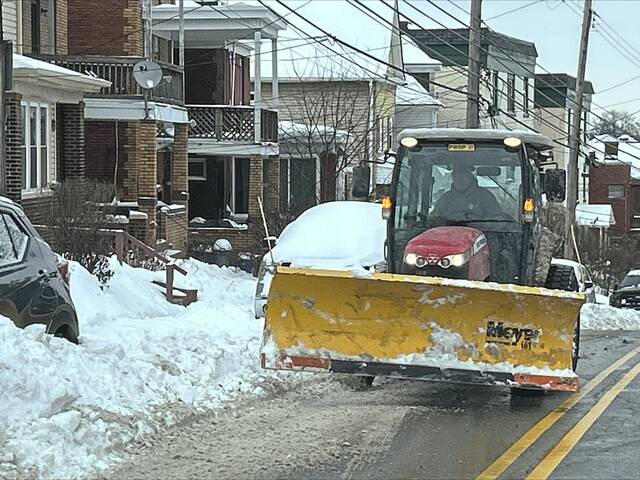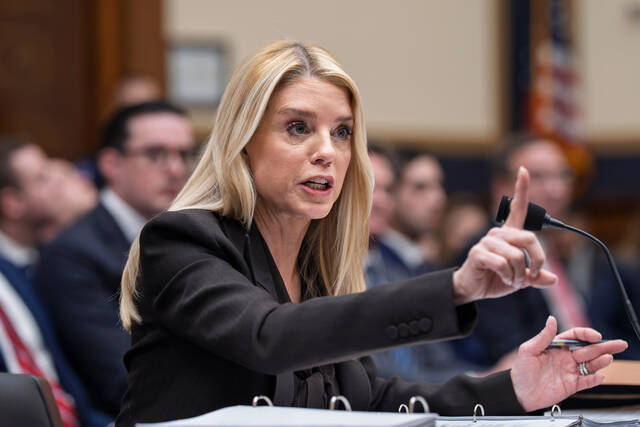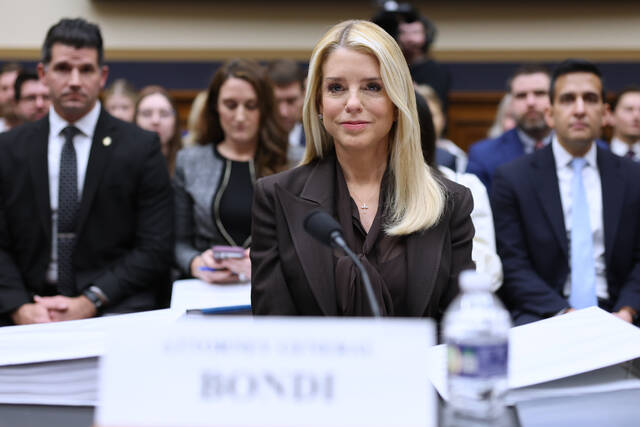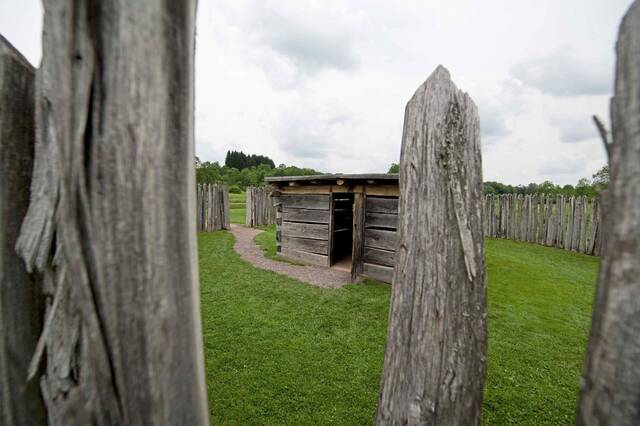Every November, a quiet yet profound tribute unfolds across the nation: National Family Caregivers Month. While we celebrate many professions and contributions, this observation, long championed by AARP Pennsylvania and the Department of Aging, is for the over 63 million Americans who provide unpaid care to a family member or friend. They are the silent backbone of our health care system, providing the day-to-day support that allows millions to live with dignity in their own homes.
Gov. Josh Shapiro recently signed a proclamation recognizing November as Family Caregivers Month in Pennsylvania. This is more than a simple gesture of gratitude: It is a call to action — to recognize the needs of caregivers and the critical roles they fulfill.
Pennsylvania is built on strong communities and a tradition of neighbors helping neighbors.
Today, this tradition is upheld by an army of nearly 2.4 million family caregivers — almost a quarter of all adults in the commonwealth — who provide critical, unpaid support to their loved ones with complex medical conditions or disabilities.
Pennsylvania’s caregivers are the spouses, children and friends who manage complicated medication schedules, help with daily activities like bathing, dressing and getting in or out of bed or a chair and assist with tasks like grocery shopping, transportation, housework and preparing meals.
These caregivers are the unsung heroes of our long-term care system. A new report, Caregiving in the U.S. 2025, released by the National Alliance for Caregiving and AARP, revealed that in Pennsylvania, 25% of caregivers live in a household with income under $50,000; 70% work while also caregiving; and 33% are caregivers who care for an adult while also caring for a child under 18.
The unpaid care they provide is valued at a staggering $22 billion annually. Without them, our health care system would be overwhelmed, and many older adults would be forced into costly nursing homes.
But this invaluable contribution comes at a steep price. Providing this high-intensity care — often without formal training — exacts a heavy toll on caregivers’ own health, finances and well-being.
For caregivers who spend more than 21 hours a week on their duties, the impacts on their physical, mental, emotional and social well-being are well-documented and profound: They are more likely to be stressed, isolated and unable to look after their own health care needs. Yet 32% of caregivers in the state report spending at least 40 hours a week providing care for a family member.
The Shapiro administration’s action on behalf of older adults and their caregivers is evident in Aging Our Way, PA, a 10-year plan to improve the infrastructure of aging services. The plan was developed with the strong support of AARP Pennsylvania and the input of more than 20,000 older Pennsylvanians who wrote in, called and attended hundreds of community sessions in every county of the state. Overwhelmingly, more help for caregivers was voiced as a priority need.
Pennsylvania listened, and AARP Pennsylvania applauded, when in May 2025, the Department of Aging launched the PA CareKit, a collection of tools designed to help unpaid caregivers assess their needs, organize tasks and find support on their caregiving journey. The PA CareKit is receiving national recognition for its personalized, yet practical approach and printed materials are now available in many community locations like libraries, senior community centers and area agencies on aging.
Pennsylvania also has the distinction of pioneering and expanding the Caregiver Support Program, which reimburses caregivers for caregiving-related services and supplies. We encourage caregivers to learn more at pa.gov/aging/caregiver.
With the state’s population of adults aged 60 and older expected to grow to one in three Pennsylvanians by 2030, family caregivers can expect to experience heightened challenges related to workload, burnout, and social and financial burdens. The evidence is clear: unpaid family caregivers are the linchpin of our health care system.
May we all dedicate time this month to shine a spotlight on the realities of caregiving and show our support by connecting caregivers to vital resources, providing them with the tools and community they need to thrive, and advocating for policies that offer more robust respite care options and financial relief. Together, we can all contribute to a more caring, welcoming and age-friendly commonwealth.
Jason Kavulich is Pennsylvania secretary on aging. Bill Johnston-Walsh is AARP Pennsylvania state director.
Pennsylvania Department of Aging State Director, AARP Pennsylvania


